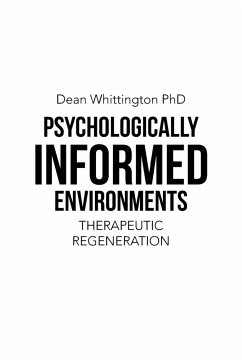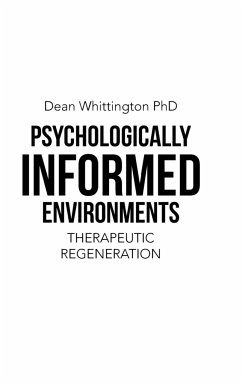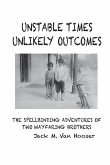Psychologically Informed Environments outlines the problems inherent in working with marginal populations, (such as the homeless). The analysis considers the issue of masculinities, and how these are erased within current academic discourses. The key issue is around how emotional recovery is generated using therapeutic techniques based on praxis. It also explores how organisations can be reconfigured to initiate emotional recovery and so stop people moving around the perpetual treadmill. This needs to be undertaken by grounding the client in the present, working on past traumas, those which shape the current lifestyle, whilst thinking about a sustainable future to move into. This involves the therapist moving into the bath of steel the client inhabits. The book sets out to explore some of the problems arising from past interventions and situating a move to an emotional recovery, by rethinking current practices. It raises considerable questions around training, research and the style of the current set of interventions being undertaken. All should be appraised on whether they generate emotional recovery. This can be viewed by the use of case histories to depict the work undertaken and requires the use of phenomenological methods to detail the work.
Hinweis: Dieser Artikel kann nur an eine deutsche Lieferadresse ausgeliefert werden.
Hinweis: Dieser Artikel kann nur an eine deutsche Lieferadresse ausgeliefert werden.








